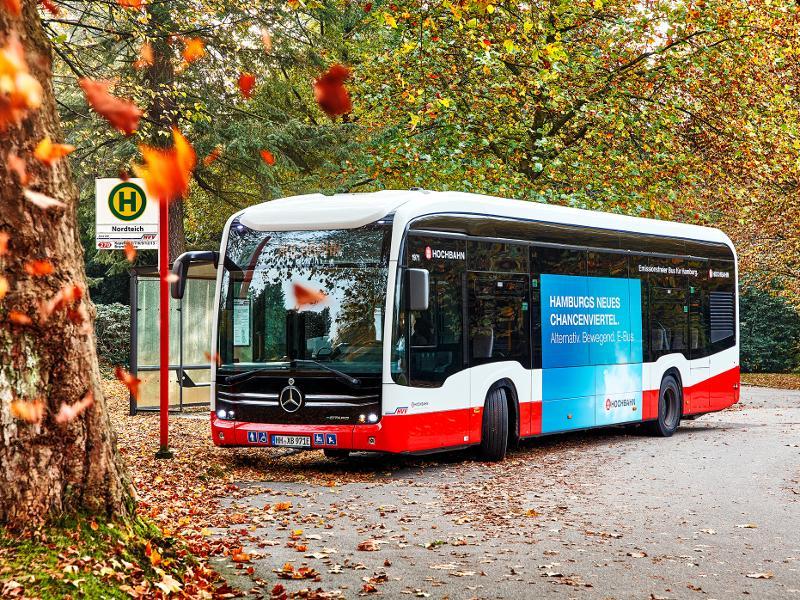
EU support of some €34 million will help boost three innovative projects for clean transport in Italy and Germany for a total investment of €370 million. The funding comes from unspent funds from the NER 300 programme, reinvested to support innovative low-carbon projects under the Connecting Europe Facility Debt Instrument, an EU financial instrument managed by the European Investment Bank.
Reinvesting the unspent funds from the first NER300 call enables timely support to promising projects before the launch of the first call for proposals under the Innovation Fund in 2020.
The first three projects selected under the Connecting Europe Facility Debt Instrument to benefit from the NER 300 support focus on electrifying urban public transport fleet and investing in the related charging infrastructure (VHH Hamburg and Hamburger Hochbahn E-Mobility programmes), as well as developing electric vehicle charging infrastructure (EV Charging Italy).
These three projects fall under the Clean Transport Facility jointly launched by the European Commission and the European Investment Bank in 2016 to expand financing for the decarbonisation of the transport sector, with a focus on the deployment of alternative fuels.
The Connecting Europe Facility Debt Instrument finances innovative projects notably using renewable energy in the transport sector, such as alternative-fuel vehicles, charging infrastructure or transport networks.
Selected projects
EV charging Italy
The project aims to develop electric vehicle charging infrastructure in Italy. It will involve the installation of approximately 6,850 charging points and the associated connections to the distribution network over the period from 2019 to 2023. This project falls under the Future Mobility initiative by the European Commission and the European Investment Bank for innovative projects.
The financing of the project amounts to €25 million, supported by the CEF Debt Instrument with NER 300 contribution from its unspent funds.
Hamburger Hochbahn e-mobility programme
The project by Hamburger Hochbahn, a public transport operator in Hamburg, aims to renew and electrify Hamburg’s urban public transport fleet with the replacement of current diesel buses by 100 e-buses and the deployment of the related charging infrastructure. The project promoter uses 100% certified renewable energy for its e-buses. The company’s strategy foresees that the charging infrastructure should be modular and scalable, easy to maintain, and highly energy and cost efficient. Hamburger Hochbahn is one of the two municipal public transport providers in the City of Hamburg, Germany, operating both underground and bus lines.
The NER 300 contribution to support the project through the CEF Debt Instrument amounts to €4.7 million.
VHH Hamburg e-mobility programme
The project supports VHH, a public transport operator in Hamburg, in purchasing approximately 155 e-buses to substitute old diesel buses and build the associated charging infrastructure. It includes the adaptation of four depots to electro mobility and the construction of one new depot adapted to electric buses, as well as the implementation of software and IT systems. The project promoter uses 100% certified renewable energy. Verkehrsbetriebe Hamburg-Holstein GmbH (VHH) is one of the two municipal public transport operators in the City of Hamburg, Germany, operating bus lines in Hamburg and in four neighbouring administrative districts.
The project is supported by the CEF Debt Instrument with NER 300 contribution amounting to almost €4 million.
Read more
Details
- Publication date
- 6 March 2020
- Author
- Directorate-General for Climate Action
